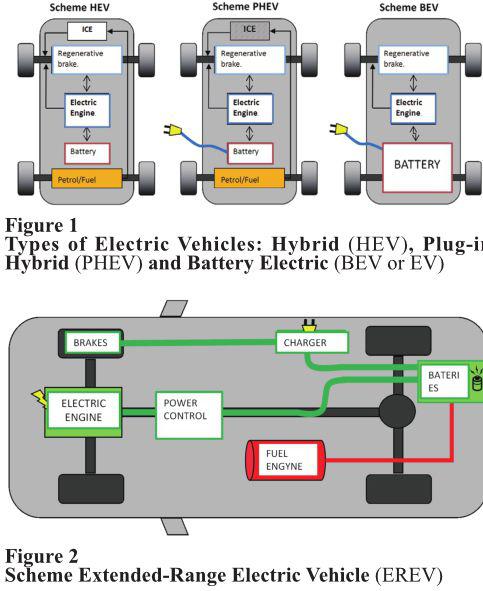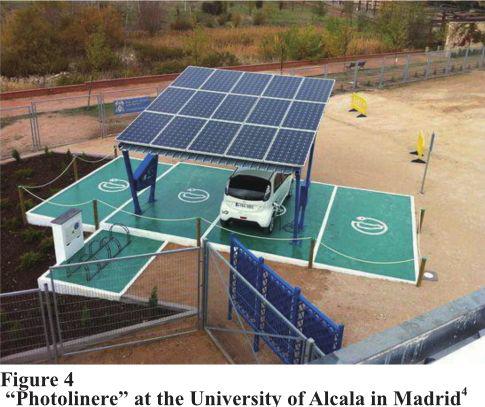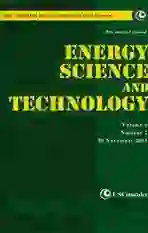Feasibility of Recharging Electric Vehicles With Photovoltaic Solar Panels
2014-03-21SergioValeroVerdú;CarolinaSenabreBlanes;DemetrioLópezSánchez
Sergio Valero Verdú; Carolina Senabre Blanes; Demetrio López Sánchez



Abstract
There are many reasons for the development and the use of renewable energy sources, such as the public awareness in the fight against climate change, energy independence with the security of supply, national competitiveness, technological development and job creation in a sector that has a great future. In this line, and within the proposed electric vehicle sustainability, it is an alternative to achieve a reduction of pollutant emissions and to increase the efficiency of road transport.
The article presents a study of the use of electric vehicles from different points of view. It has been compared combustion vehicles with the electric counterparts in terms of power and features appreciated by the user in the automobile market.
The purpose of the study was to analyze the feasibility to recharge different electric vehicles by solar photovoltaic modules, so that energy generation would not contribute to any CO2 emissions, when the system would be installed and ready to supply these vehicles. The study also shows a comparative analysis of the cost of purchasing electricity to the distributor compared with the using of a photovoltaic system designed to recharge the vehicle, even it has also been calculated the depreciation.
Finally, it has been analyzed comparatively the type of the solar photovoltaic system considered more economically viable for recharging a pure electric vehicle (EV) therefore it has been compared projects on houses and on a parking to recharge several vehicles.
Key words: Electric vehicle (EV); Solar photovoltaic system; Economically viable; Recharging Sergio Valero Verdú, Carolina Senabre Blanes, Demetrio López Sánchez (2013). Feasibility of Recharging Electric Vehicles With Photovoltaic Solar Panels. Energy Science and Technology, 6(2), 24-30. Available from: URL: http://www.cscanada.net/index. php/est/article/view/10.3968/j.est.1923847920130602.2344 DOI: http://dx.doi.org/10.3968/j.est.1923847920130602.2344
1. INTRODUCTION
Renewable energy at this moment has to decide the development in the future. Despite the effects of the economic crisis, globally renewable energy continues significantly growing. More and more countries are implementing development plans for the implementation of this type of energy. There are many reasons for their development, it could be highlight:
The fight against climate change: The electrification of the vehicle is an alternative for reducing emissions and to increase transport efficiency.
杂志排行
Energy Science and Technology的其它文章
- Substitution of Coke and Energy Saving In Blast Furnaces. Part 5. Problems and Prospects of Low-Coke Blast-Furnace Technology
- Diffusion, User Experiences and Performance of UK Domestic Heat Pumps
- Molten Carbonate Fuel Cell Combined Heat, Hydrogen and Power System: Feedstock Analysis
- Practical Evaluation of Solar Irradiance Effect on PV Performance
- Mathematical Modeling of a Solar Passive Cooling System Using a Parabolic Concentrator
- Energy Analysis of a Concentrating Photovoltaic Thermal (CPV/T) System
